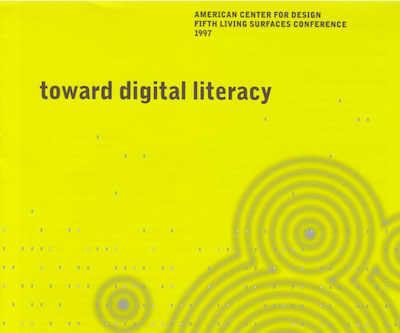UX Researcher & Children's Book Author
Dr. Chelsea Johnson
Bringing academic research ethics into the corporate environment, Dr. Johnson strives to improve both the researcher and the participant outcomes.
Written by Erin Malone
Dr. Chelsea Johnson is an African American user experience researcher who assumed her career path would take her into academia like the rest of her sociology undergraduate and doctoral colleagues and professors. “I imagined a life as a professor, as an academic looking for a tenure track job in a sociology department, a women’s studies department, or a Black studies department.”[i] Instead, Johnson ended up working in industry, first as a consultant, then as an intern at LinkedIn, and she is now a full time UX Researcher working on their Trust team. She studies people and is building frameworks for ethically mindful research and strategies for creating safer online spaces. She is an expert in race, class, gender, and embodiment, and uses her lived experience as a Black feminist to inform and guide her work.
Johnson is one of the few Black designers and researchers in the company and she tells me that she and her colleagues created an informal support group to share experiences and support each other. Since the George Floyd murder, there has been improvement within the company. “Design leadership at LinkedIn felt committed and then LinkedIn overall was pushed to be more inclusive as many other companies were. The numbers of Black designers and researchers from that time till now have tripled, it’s not enough, but it’s a big difference from before.”[ii] Johnson told me that there had been only one Black woman researcher when Was an intern and that woman has since moved into a senior management role. Despite these lackluster numbers for diversity overall, Johnson is energized by her work and has been afforded respect across the team for her expertise around identity and race.
I asked Johnson how her experiences from her graduate studies and writing the book have informed the work she does in the corporation. “One of the things that felt really jarring to me when I made the switch was lack of ethics protocols. Being from a space where IRBs [iii] were a thing, and thinking about protecting research participants, you’re being thoughtful about who’s included, and who’s not included and who benefits from the research and who doesn’t and making sure there is a step in the process to think about that. IRBs are slow. IRB as a framework is old. So, I started this ethics working group where we’re thinking about these protections. Part of it is to ensure that our participant samples are diverse and representative of our base. Keeping the vision of creating economic opportunity for every member of the workforce; that doesn’t reflect who our current users are but moving towards that. People are coming to this field from so many different backgrounds and so many different points of view. That’s the beauty of it. Just as I needed to learn a lot about actual design <laugh> when I made the switch to be a design researcher, other people are learning about ethics and thinking about that for the very first time. On the other side of concern for participants has been work around researcher safety. Which has unique meanings for women and women of color.”[iv]

Book cover for the children's book Intersection Allies co-authored by Dr. Chelsea Johnson.
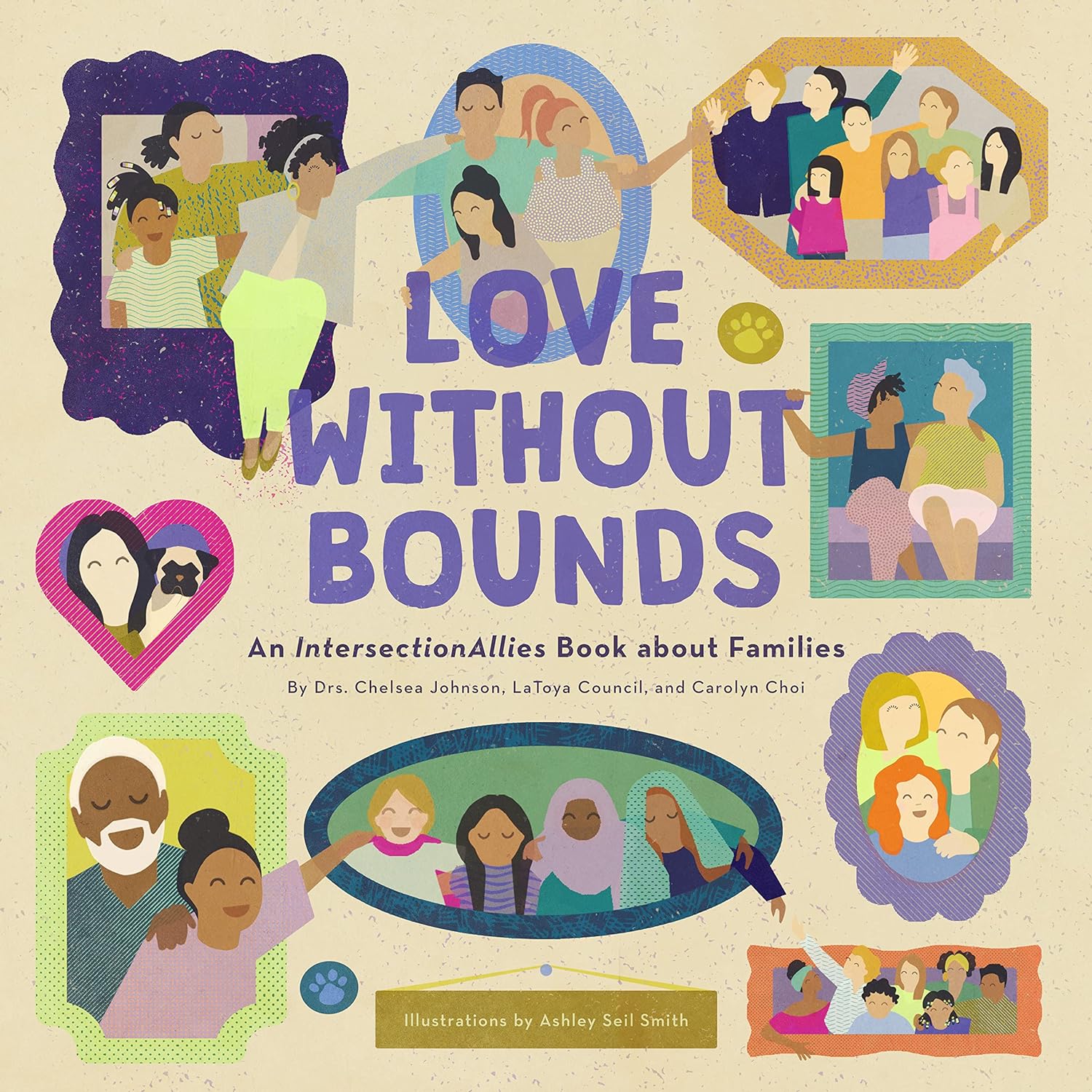
Book cover for their second book about different kinds of families co-authored by Dr. Chelsea Johnson.
In addition to her professional work, Johnson and two of her USC colleagues, Carolyn Choi and LaToya Council, have written the first children’s book about intersectionality, explaining complicated sociological concepts to kids.
“It was an experiment really. Back around the post-2016 presidential campaign and the women’s marches of 2017, we had our academic lives, we also had our activist lives, and we were realizing that the conversations we were having in academia were not being had in these activist spaces. Certain terms and theories were buzzwords in the same way that critical race theory has so many assumptions about what that means, but nobody actually reads it. We were seeing that about intersectionality at the time and how the narratives around what it meant excluded a lot of women’s experiences, including our own. And so, we thought, we have all this training, what would it look like to create something that was meant to be consumed and shared by anybody? We thought a children’s book would be the best way to do that. You’re forced to break down dense, esoteric language in ways that everybody can understand. Folks who are learning English as a second language can understand and kids can understand. It was an experiment as a social theory book for kids. All of the characters in the book are based off of feminist academic research translated in this new format. It came out 2019 and we’ve never stopped being on a book tour since”[v]
Their first book, titled Intersection Allies, has taken on a life of its own and is now the first in a series they are developing for kids around various complex yet timely topics. The second book, published in 2023, is titled Love without Bounds: An Intersection Allies Book about Families, and continues the goal of talking about complicated ideas for children.
Footnotes
[i]. Chelsea Johnson, Chelsea Johnson’s Journey to Industry UX Research, interview by Erin Malone, September 20, 2022.
[ii]. Johnson, Interview.
[iii]. IRB refers to the Institutional Review Board that is a committee within a university specifically tasked to look at whether or not a research project follows ethical principles and/or federal regulations for protecting human subjects.
[iv]. Ibid
[v]. Johnson, Interview.
Selected Stories
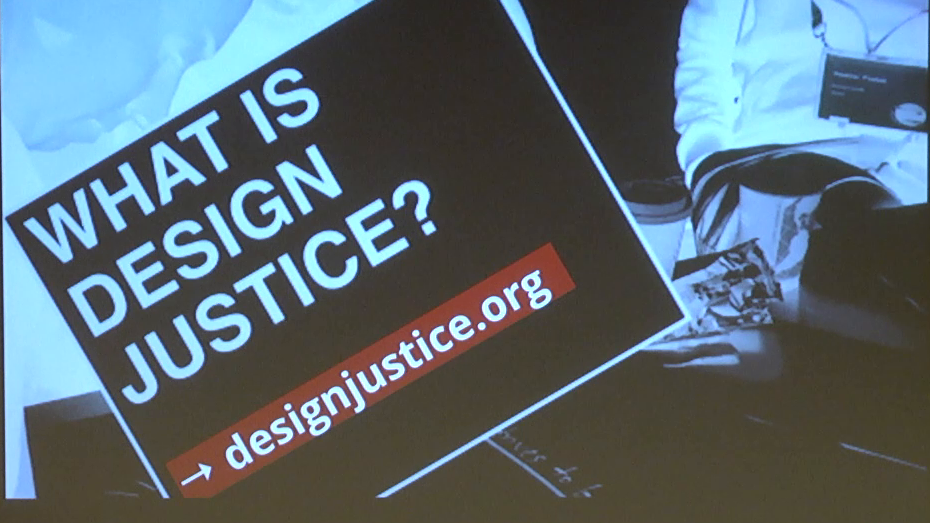
Sasha Costanza-ChockProject type
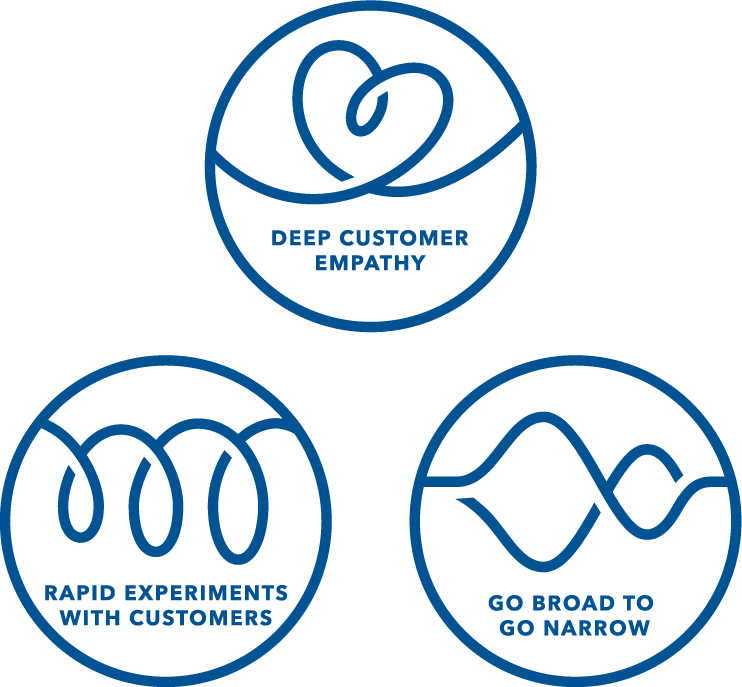
Kaaren HansonProject type
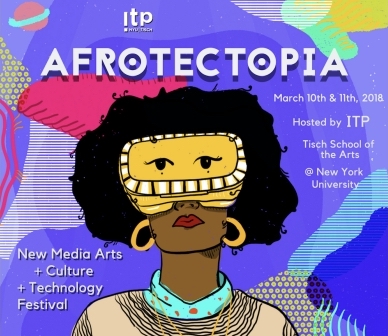
Ari MelencianoProject type

Mizuko Itoresearch
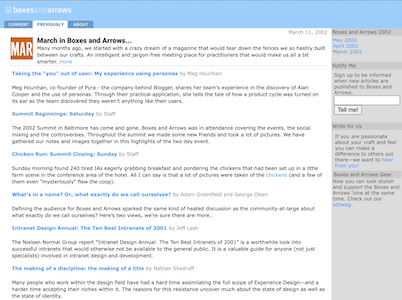
Boxes and ArrowsProject type

Mithula NaikCivic
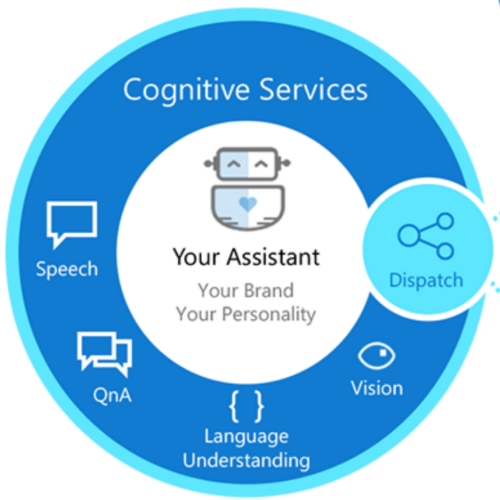
Lili ChengProject type

Ovetta SampsonProject type
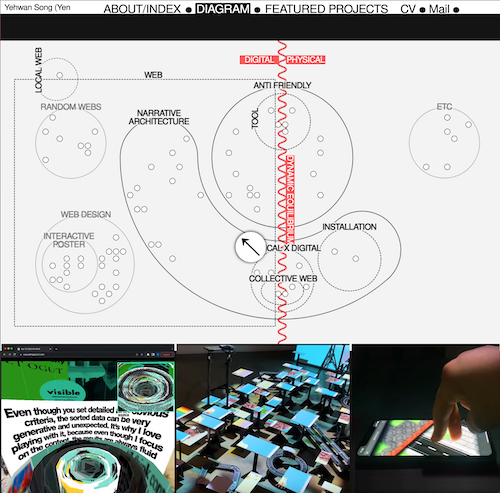
Yehwan SongProject type
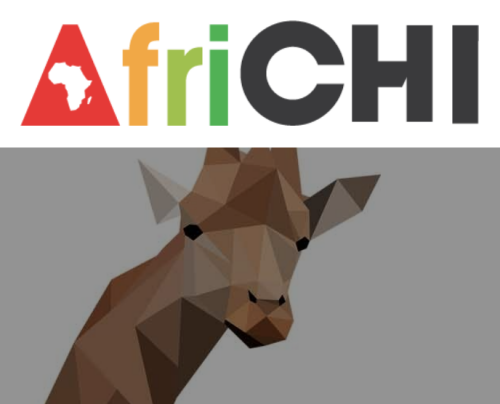
Anicia PetersProject type

Simona MaschiProject type
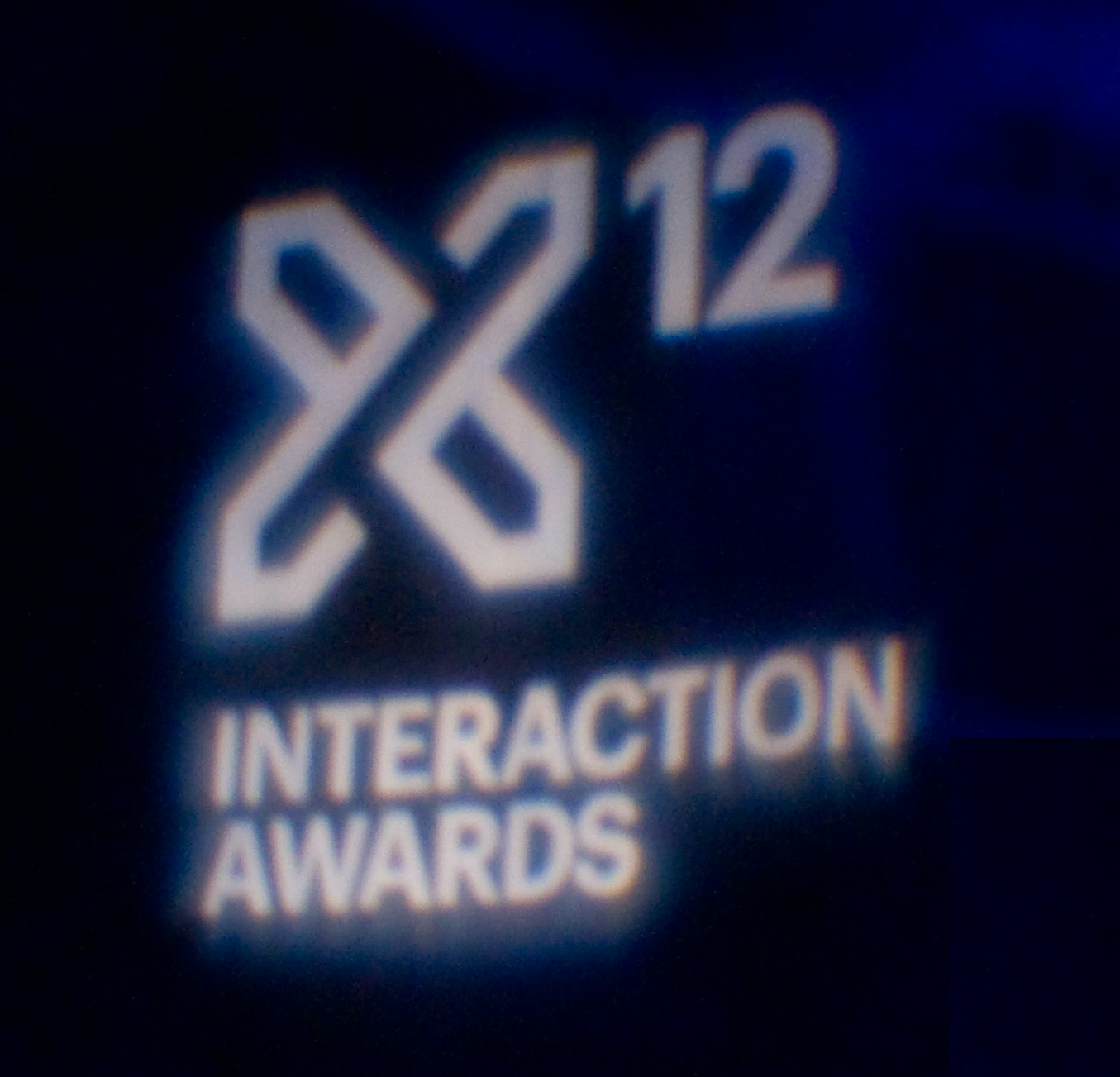
Jennifer BoveProject type
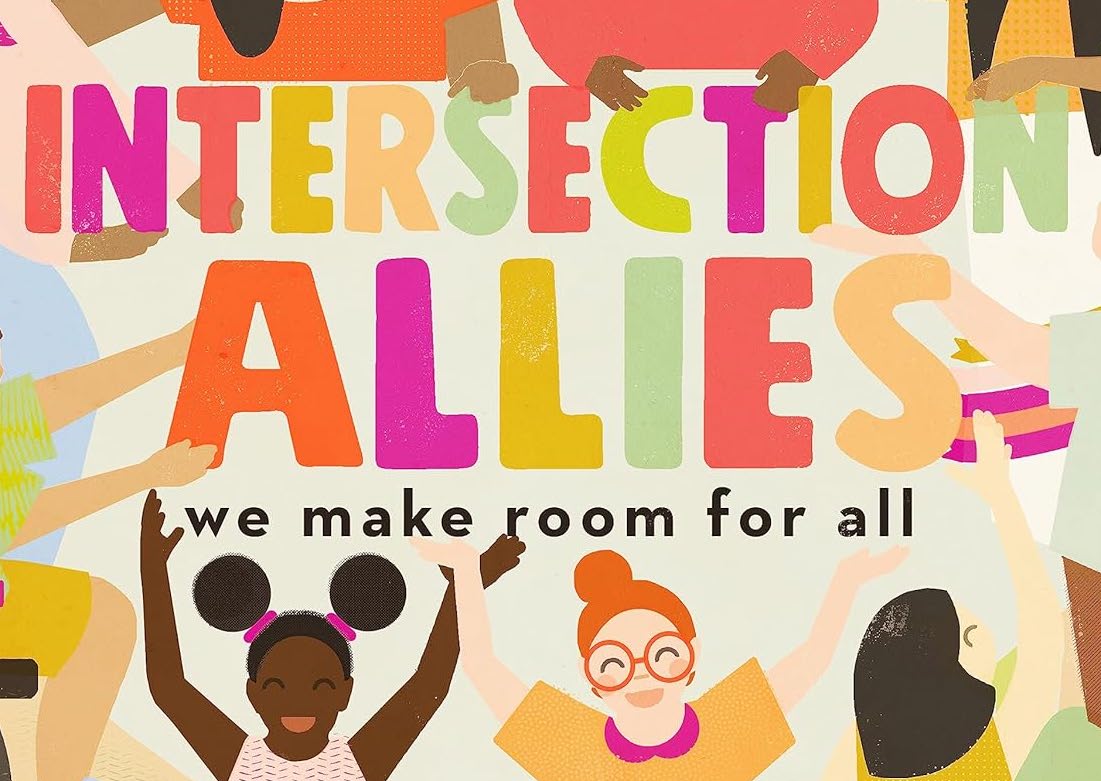
Chelsea JohnsonProject type
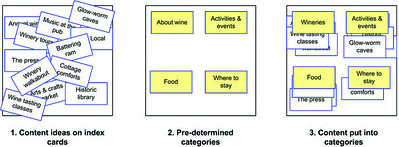
Donna SpencerProject type

Lisa WelchmanProject type
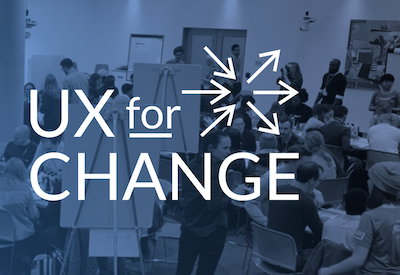
Sandra GonzālesProject type

Amelie LamontProject type

Mitzi OkouProject type

The Failings of the AIGAProject type
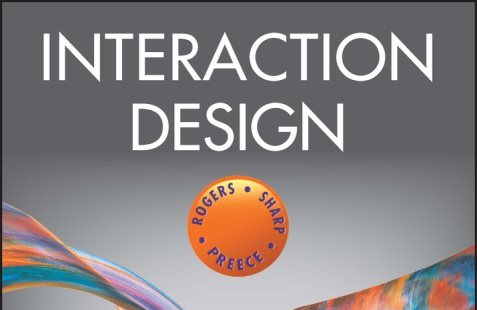
Jenny Preece, Yvonne Rogers, & Helen SharpProject type

Colleen BushellProject type

Aliza Sherman & WebgrrrlsProject type
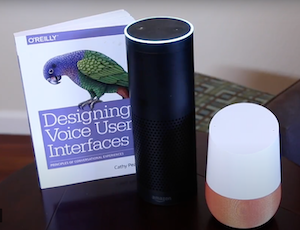
Cathy PearlProject type

Karen HoltzblattProject type
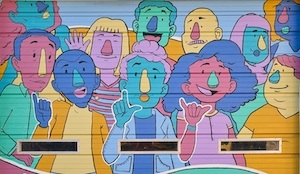
Sabrina DorsainvilProject type
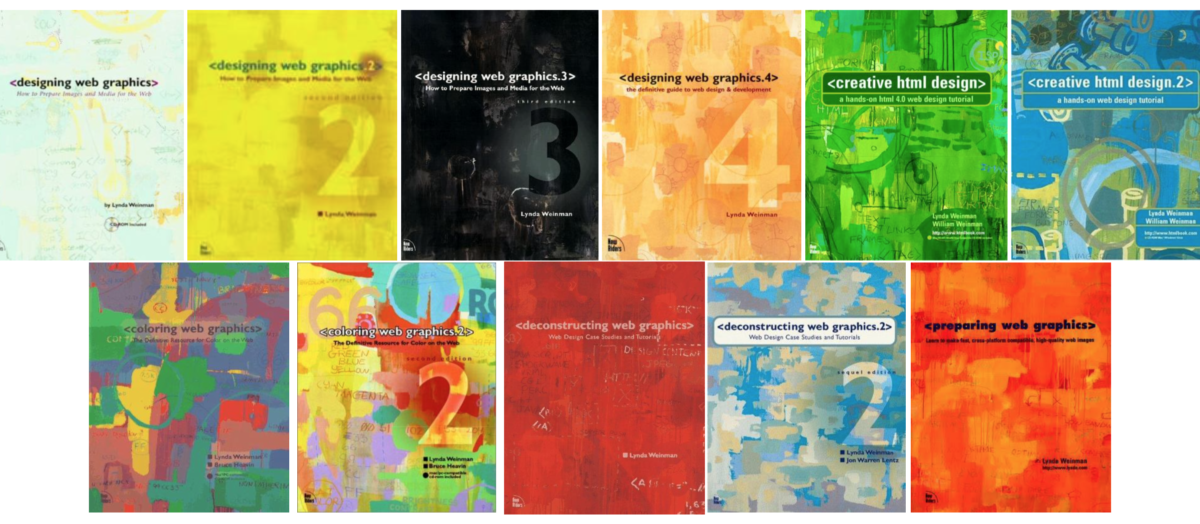
Lynda WeinmanProject type
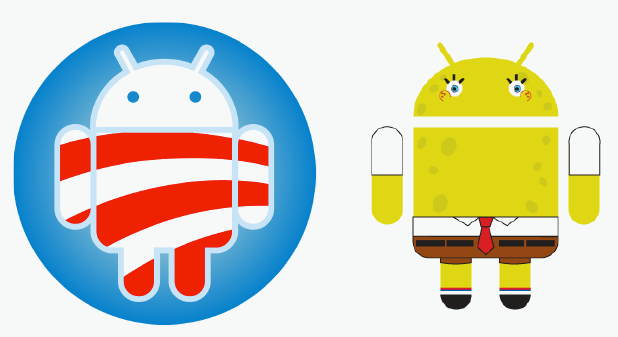
Irina BlokProject type
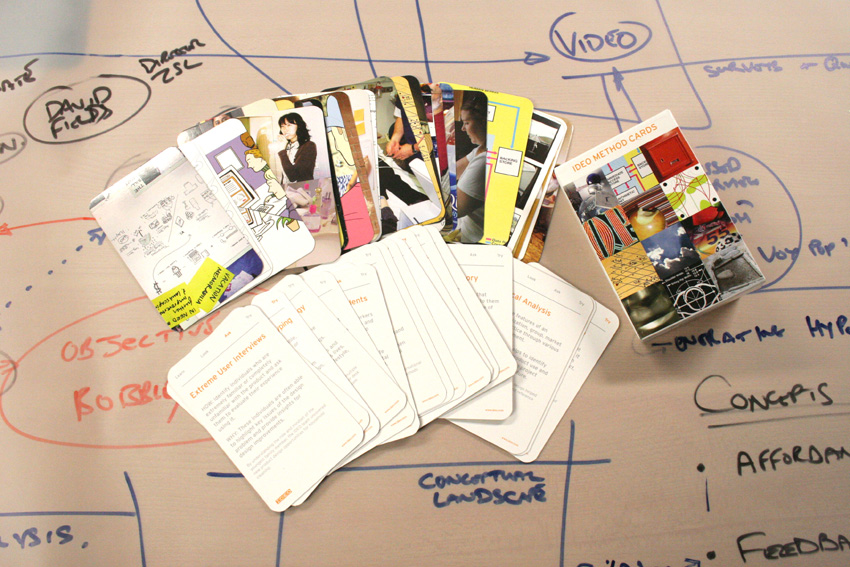
Jane Fulton SuriProject type
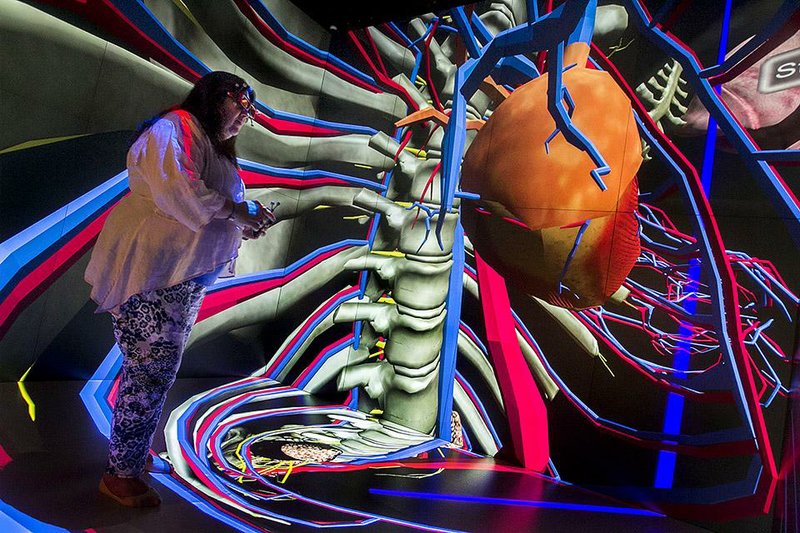
Carolina Cruz-NeiraProject type
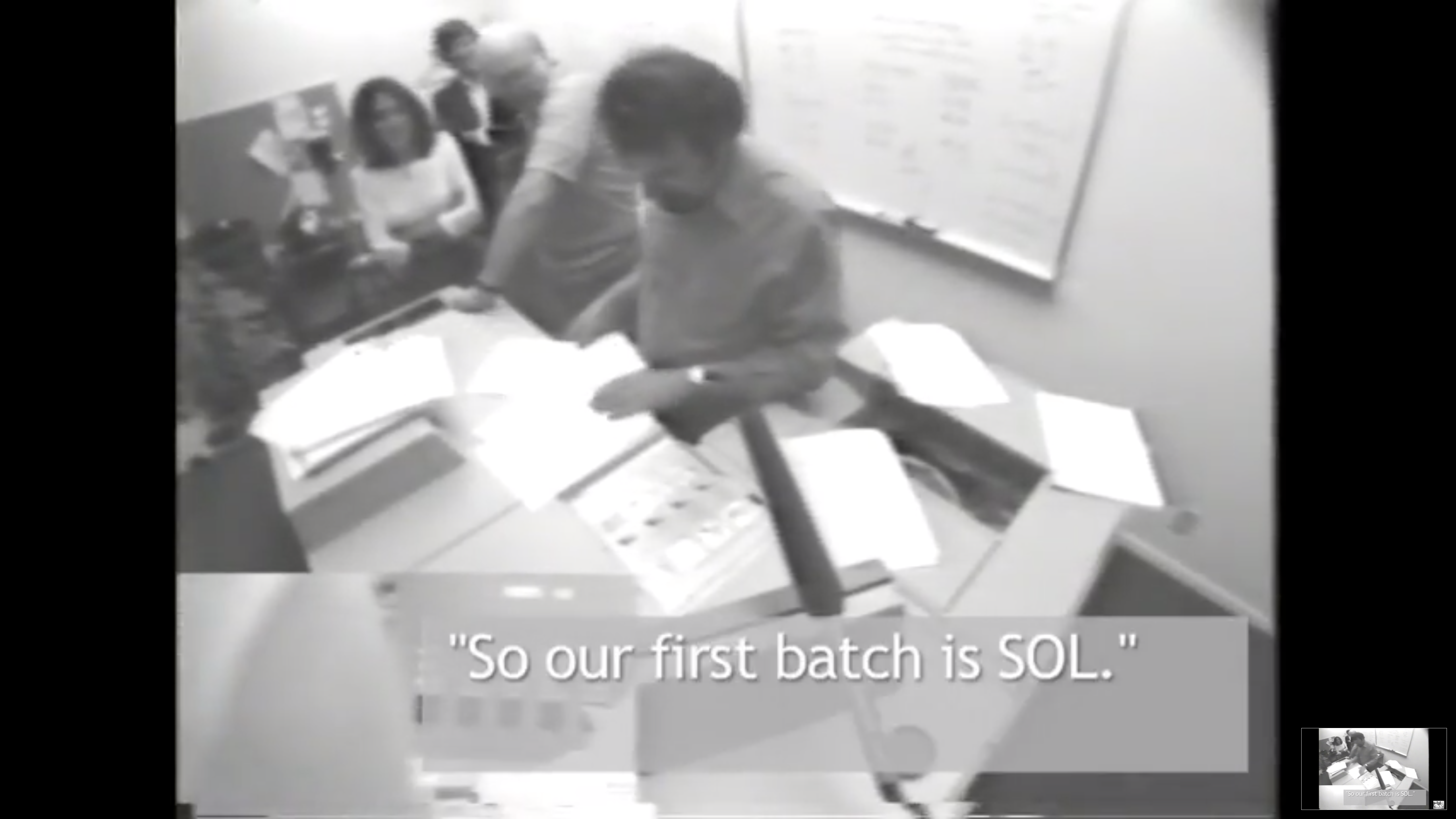
Lucy SuchmanProject type
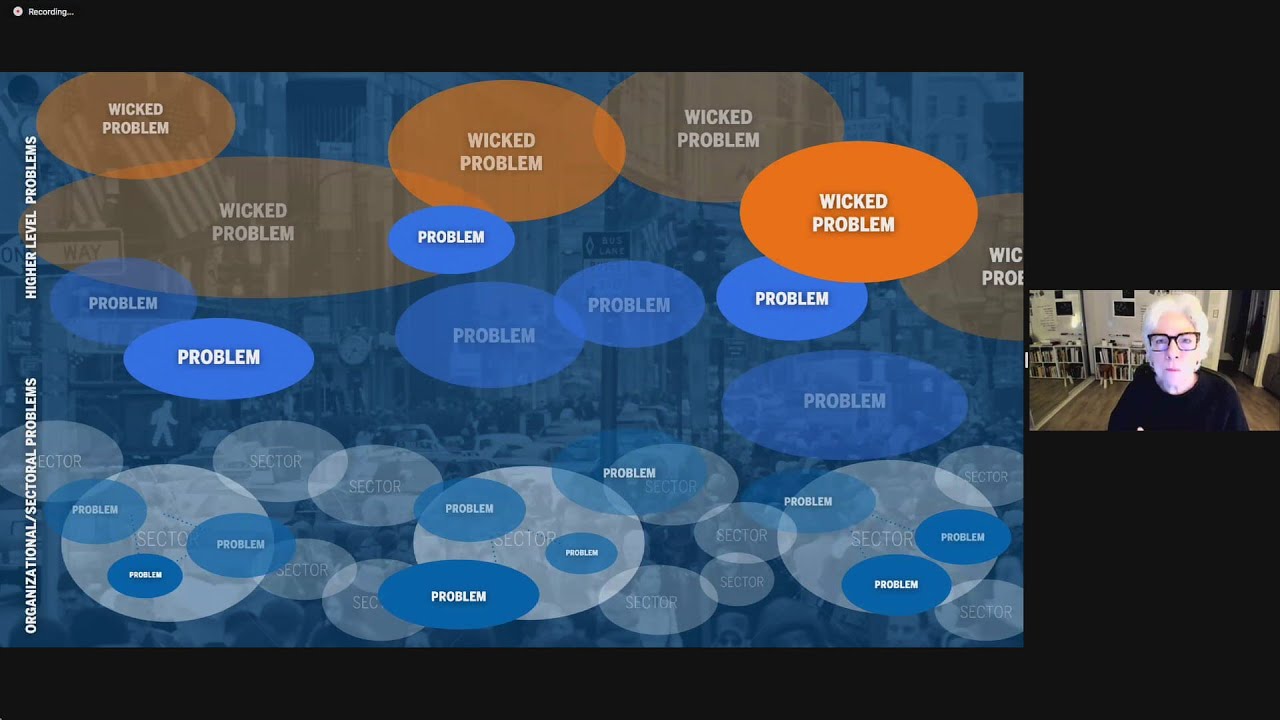
Terry IrwinProject type
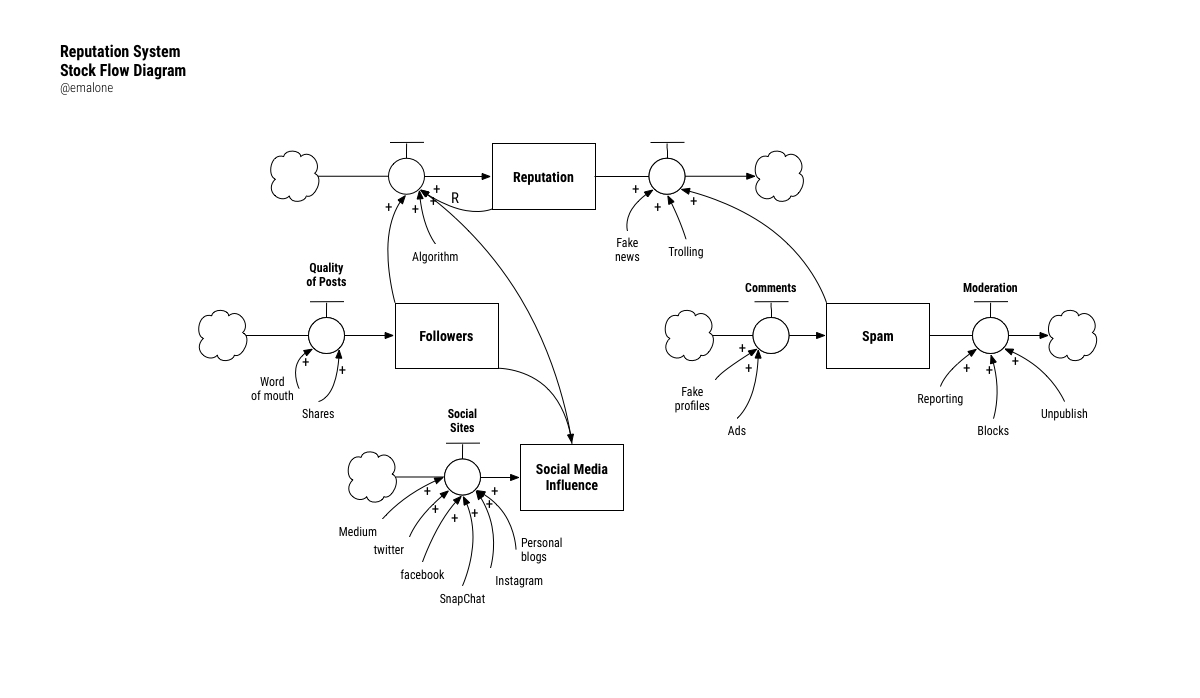
Donella MeadowsProject type
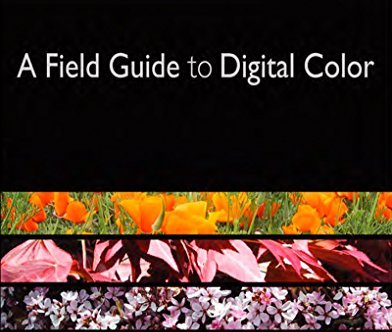
Maureen StoneProject type

Ray EamesProject type
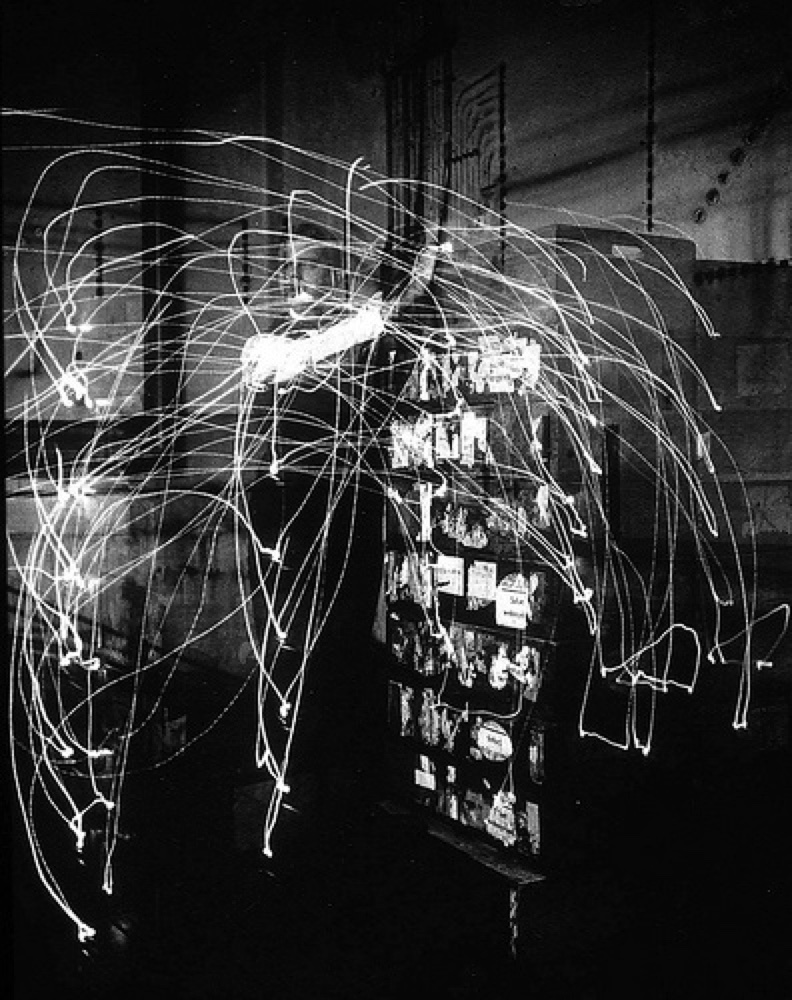
Lillian GilbrethProject type

Mabel AddisProject type

Ángela Ruiz RoblesDesigner

